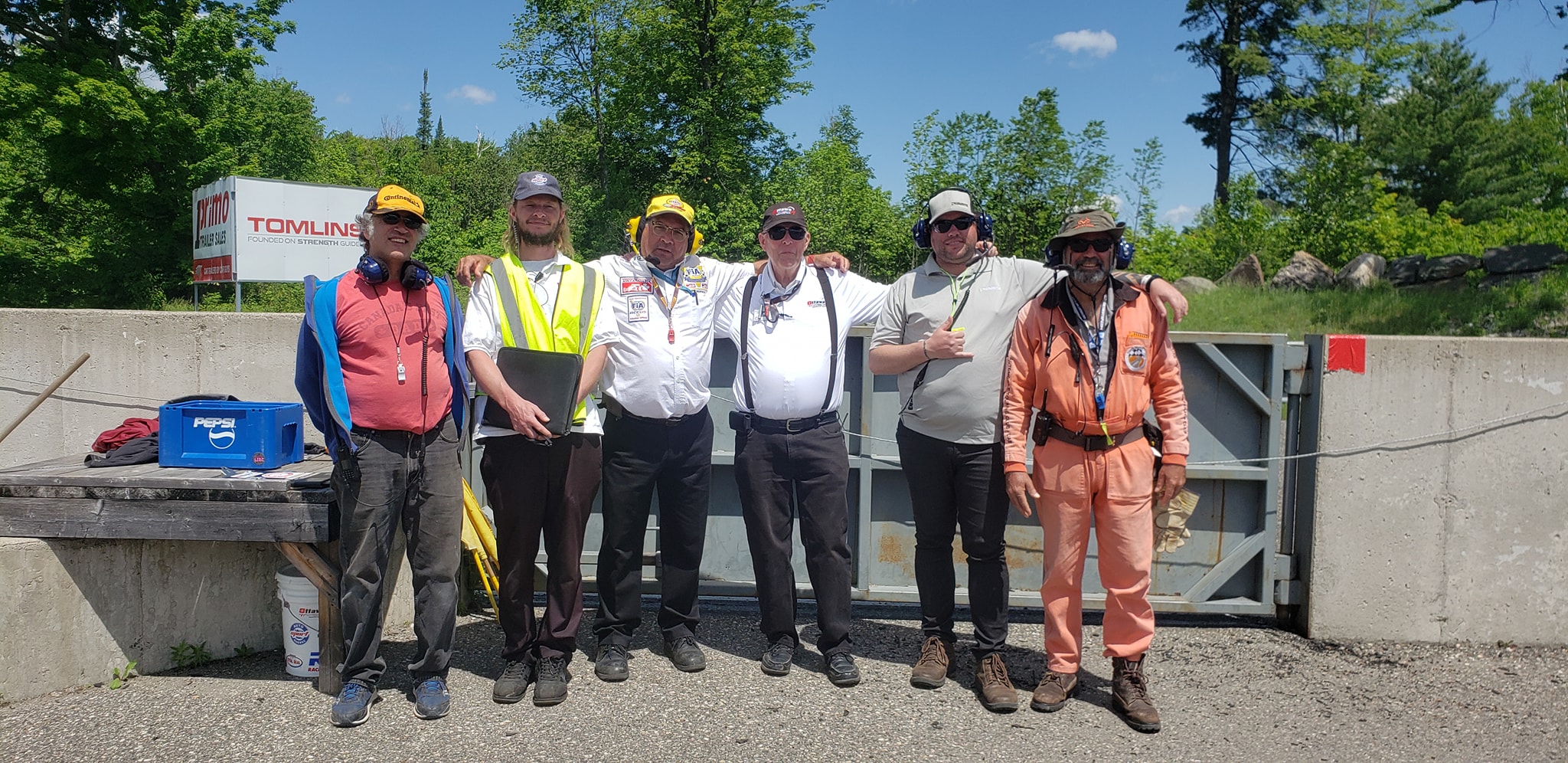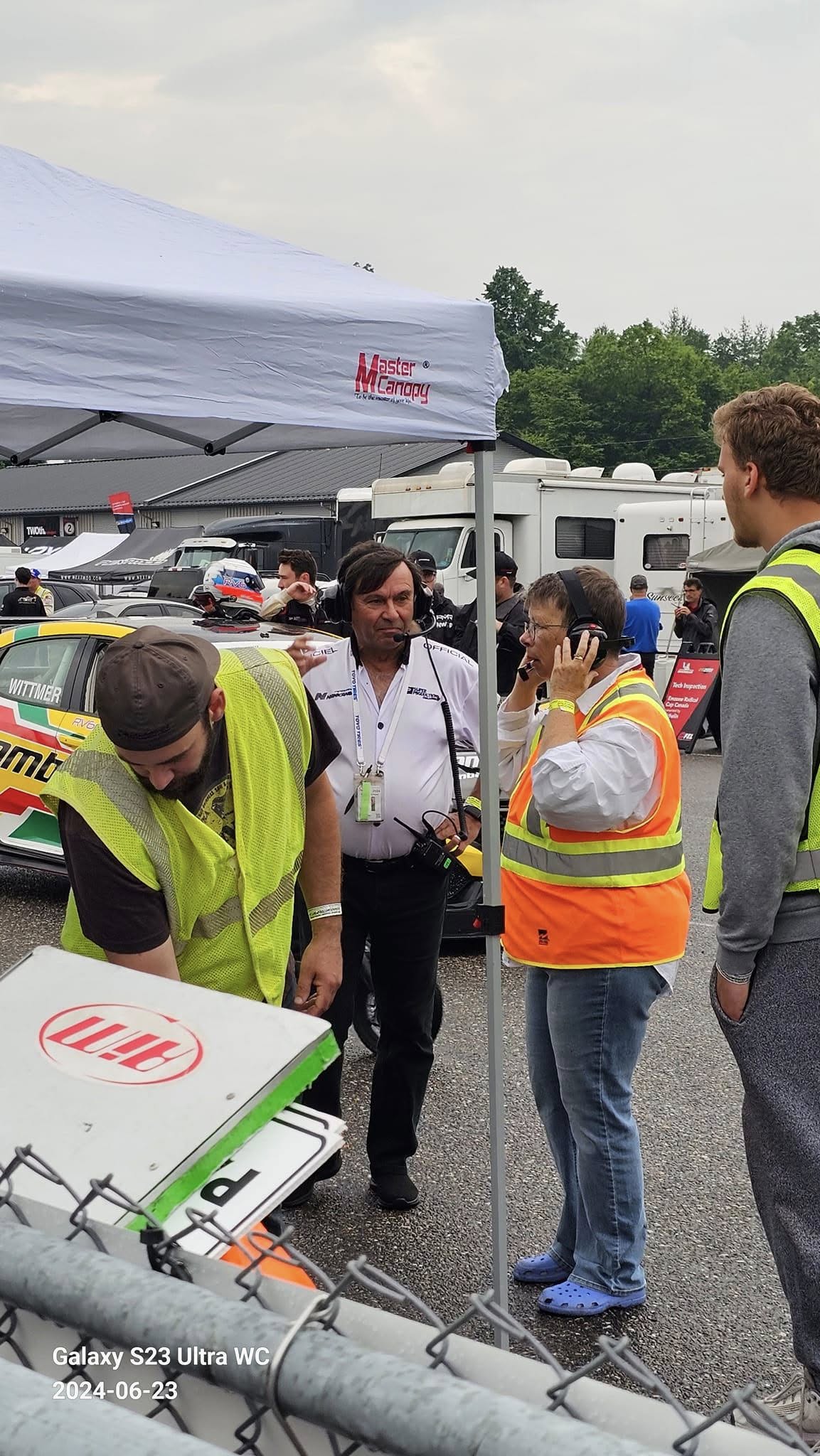Volunteering
Volunteers are Motorsport. Whether it’s a local autocross event or a prestigious Formula 1 Race, the one thing they have in common are the volunteers. Whether you’re working as a marshal, pit crew member, or event organizer, volunteers play a critical role in ensuring that races run smoothly and safely. For many, it’s an opportunity to be immersed in the fast-paced world of motorsport while gaining hands-on experience. Volunteers have the chance to interact with professional teams, drivers, and fans, offering an insider’s perspective on the behind-the-scenes action. This is a perfect avenue for motorsport enthusiasts to deepen their knowledge, network with industry professionals, and contribute to the success of events, all while being part of the excitement.
Types of Volunteers
Getting Involved
Generally speaking, becoming a volunteer is easy! There are a wide range of volunteering positions and activities, and some critical areas – called ‘ Hot Zones ‘ are reserved for volunteers 16 years or older.
Some positions also ask for certifications, such as first aid or fire safety, particularly for roles that involve direct interaction with race vehicles or accidents. Positions, like marshaling or pit official, may require you to have prior experience or attend a training session to understand safety protocols and the responsibilities of the role.
Thankfully, there are a number of opportunities to learn how to volunteer in a low pressure environment such as the Calabogie Challenge series. The Ottawa SportsCar Club has a large contingent of volunteers that constantly assist with training newcomers to the sport.
Contact us at Volunteers@ottawasportscarclub.ca
Join the Club
Consider using this if you need to provide more context on why you do what you do. Be engaging. Focus on delivering value to your visitors.



